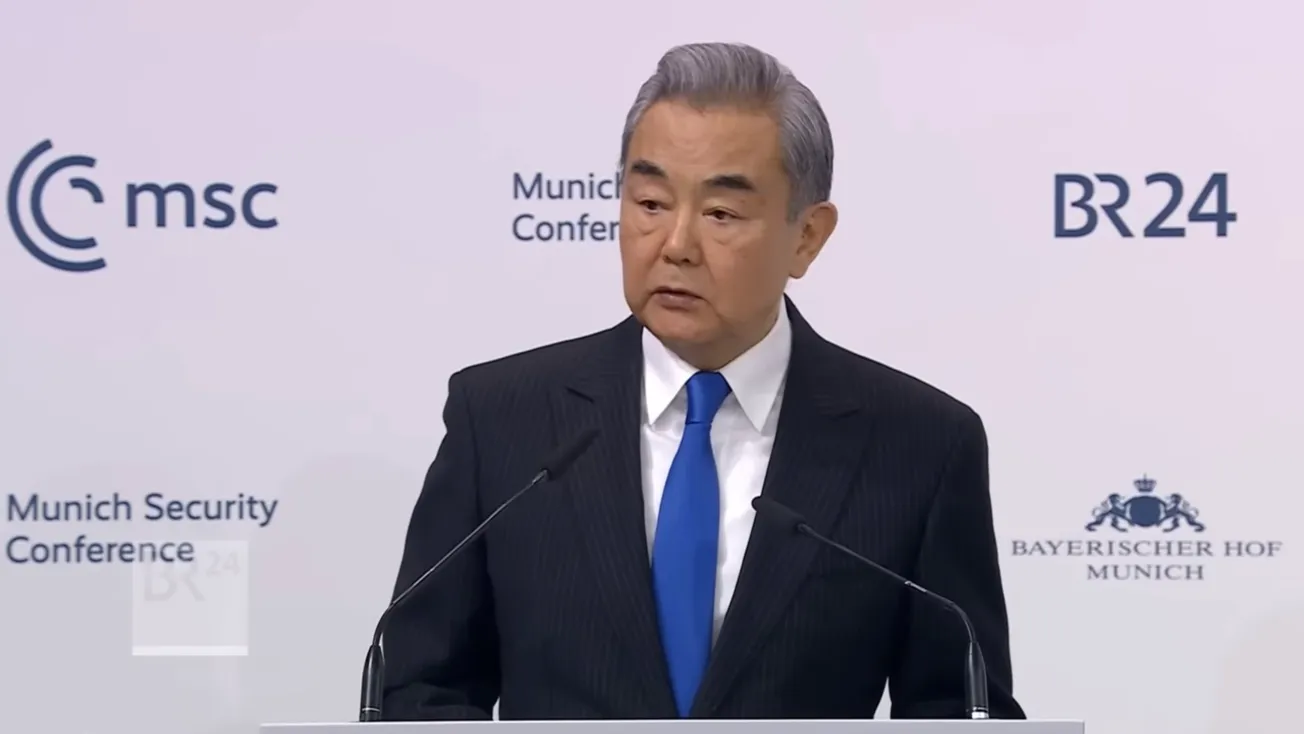At the Pentagon, a senior defense official, briefing reporters on background, reported that the top priority of the Department of Defense is to convey the “unequivocal support” of the U.S. for Israel’s “right to defend itself,” in its phone calls and messages to the region. “And we’re also making very clear to adversaries or those that might be entertaining entering this conflict, to escalate it, that they should think twice and not take advantage of the instability,” the official said.
The DOD is also focused on two lines of activities, logistical support to Israel and bringing additional U.S. forces into the region. On the first, “we are surging support to Israel. That includes air defense and munitions,” the official said. “We remain in constant, ongoing contact with our counterparts in Israel to determine and then support their most urgent requirements.” She wouldn’t get into specifics but “the bottom line is we are working as fast as possible to provide critically needed munitions of various types and other equipment. We’re also contacting U.S. industry to gain expedited shipment of pending Israeli orders for military equipment that otherwise may have been considered routine for movement.”
On the second, the USS Gerald R. Ford aircraft carrier strike group is deploying into the region “in order to assure allies and partners throughout the region and ensure regional stability.” The capabilities of the carrier and its accompanying surface force “will ensure the United States is postured to respond to any contingencies and minimize the risk of a wider spread conflict that would threaten stability,” the official went on. “These posture increases were intended to serve as an unequivocal demonstration in deed and not only in words of U.S. support for Israel’s defense and serve as a deterrent signal to Iran, Lebanese Hezbollah, and any other proxy across the region who might be considering exploiting the current situation to escalate conflict. Those adversaries should think twice.”
Not clarified at all during this briefing is what the rules of engagement of the U.S. forces in the region will be, should Hezbollah or Iran do something that the U.S. thinks they should not be doing. Though the official described Hamas as more savage than ISIS, she acknowledged that neither Hamas nor Hezbollah meets the definition of Al Qaeda or successor organizations to Al Qaeda in the 2001 AUMF, an acknowledgment that there is no authority in law for the U.S. to attack those two organizations.
As for the delivery of military supplies to Israel, “planes have already taken off, and we anticipate seeing continual delivery on some of the requests Israel has made.” The official claimed that these deliveries are being made on the basis of already existing authorities for Foreign Military Financing and missile defense funding, but she was not more specific.



